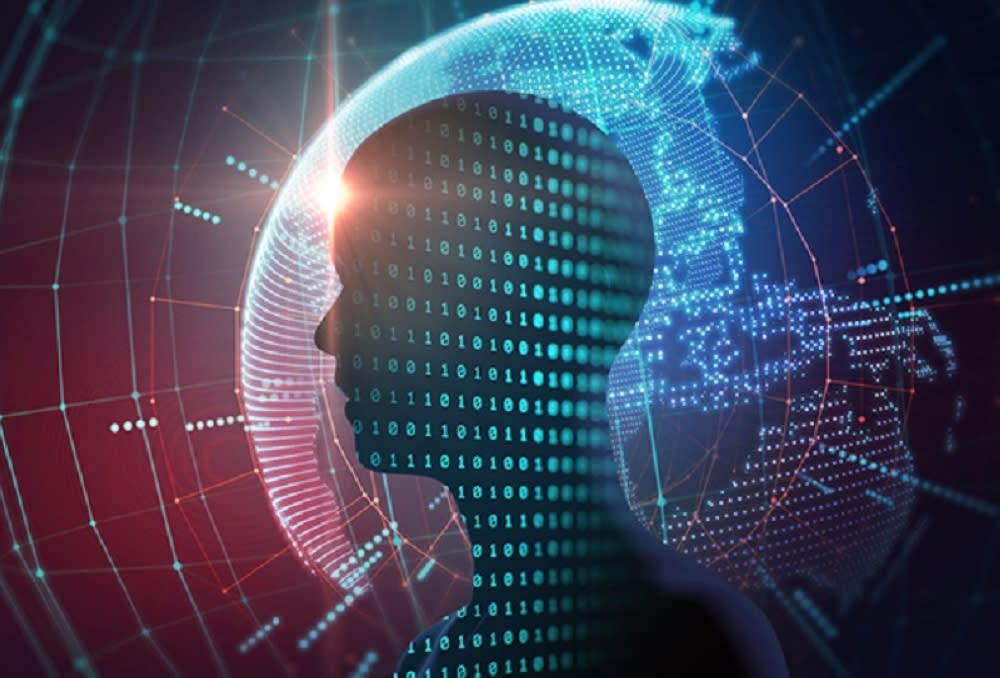Research: AI users at work in Malaysia more likely to feel lonely, have insomnia

KUALA LUMPUR, June 14 — Employees who frequently use artificial intelligence (AI) in their workplace are more likely to experience loneliness that can lead to insomnia, a research on workers in Malaysia and other countries has shown.
Pok Man Tang, lead researcher of the research paper published online on June 12 in the Journal of Applied Psychology, said this finding was consistent in all four locations — Taiwan, Indonesia, the US, and Malaysia — where the research was done.
“The rapid advancement in AI systems is sparking a new industrial revolution that is reshaping the workplace with many benefits but also some uncharted dangers, including potentially damaging mental and physical impacts for employees,” Tang said in a press statement accompanying the research paper.
“Humans are social animals, and isolating work with AI systems may have damaging spillover effects into employees’ personal lives,” said the assistant professor of management at the University of Georgia in the US and a former investment bank employee where he used AI systems.
The research tested out several hypotheses revolving around the idea that more frequent interaction with AI may lead employees to feel socially disconnected from others, which may increase feelings of loneliness and which may then be linked to insomnia or difficulty sleeping at night and more consumption of alcohol after work.
In the research paper, researchers collected data in Spring 2022 from 294 employees in a Malaysian technology company, whose work included using AI systems to carry out their different business functions in finance, operations, marketing and accounting.
Of the 294, 47.3 per cent were male; 62.3 per cent were tertiary educated, with their average age being 37.9 years old, average tenure being 3.18 years, and average years of using AI systems at work at 1.63 years.
For the experiment in Malaysia, the 294 employees were given a survey and randomly assigned to two groups (collaborate with AI systems as much as possible or not to use AI when performing their job duties) for three straight days, before being given a survey after those three days to report their interaction frequency with AI and their own afterwork alcohol consumption and insomnia.
The research in Malaysia found that employees who frequently use AI systems were more likely to experience loneliness, and it also backed the hypotheses that such loneliness was associated with after-work alcohol consumption and after-work insomnia.
But the researchers also said the research findings of the four locations — including Malaysia — do not prove the work with AI systems causes loneliness or other responses, and said the research findings are only correlational or just shows that there is an association among them.
Based on the research in the four locations, including Malaysia, which was published by the American Psychological Association, the researchers said working with AI systems may have some benefits, as it could lead to such employees offering to help their colleagues.
“The researchers found that employees who frequently used AI systems were more likely to offer help to fellow employees, but that response may have been triggered by their loneliness and need for social contact,” the researchers said in the same press statement.
“Furthermore, the studies found that participants with higher levels of attachment anxiety — the tendency to feel insecure and worried about social connections — responded more strongly to working on AI systems with both positive reactions, such as helping others, and negative ones, such as loneliness and insomnia,” they added.
In the same research, the experiment involving 166 engineers at a Taiwanese biomedical company surveyed over three weeks had these employees reporting on their feelings of loneliness, while their family members reported on their insomnia and after-work alcohol consumption, and coworkers rated such employees individually on their helpful behaviours.
“Employees who interacted more frequently with AI systems were more likely to experience loneliness, insomnia and increased after-work alcohol consumption, but also showed some helping behaviours toward fellow employees,” the researchers said of the Taiwan findings.
Another experiment with 126 real estate consultants in an Indonesian property management company saw half told not to use AI systems for three straight days while the other half were asked to work with AI systems as much as possible, with the findings in Indonesia similar to that in Taiwan, except that there was no link or association found in the Indonesia experiment between the frequency of AI use and after-work alcohol consumption.
Similar findings were shown from an online experiment with 214 full-time working adults in the US as well as in the experiment in Malaysia, the researchers said.
In the same press release, lead researcher Tang said AI technology developers should consider adding social features to AI systems, such as a human voice, to emulate human-like interactions; also suggesting that employers limit the frequency of work with AI systems and offer opportunities for employees to socialise.
Tang said AI systems could focus more on tedious and repetitive tasks, while tasks like making decisions as a team or where social connections are important could be carried out by people.
“Mindfulness programs and other positive interventions also might help relieve loneliness,” Tang said.
“AI will keep expanding so we need to act now to lessen the potentially damaging effects for people who work with these systems.”
The full 24-page research paper titled “No Person Is an Island: Unpacking the Work and After-work Consequences of Interacting with Artificial Intelligence" can be read here.
The research paper was jointly written by Tang, Joel Koopman of the Texas A&M University in the US, Ke Michael Mai and David De Cremer of the National University of Singapore, Jack H. Zhang of Singapore's Nanyang Business School, Philipp Reynders of the UK's Cardiff University, as well as Chin Tung Stewart Ng and I-Heng Chen of Taiwan's National Sun Yat-sen University.



